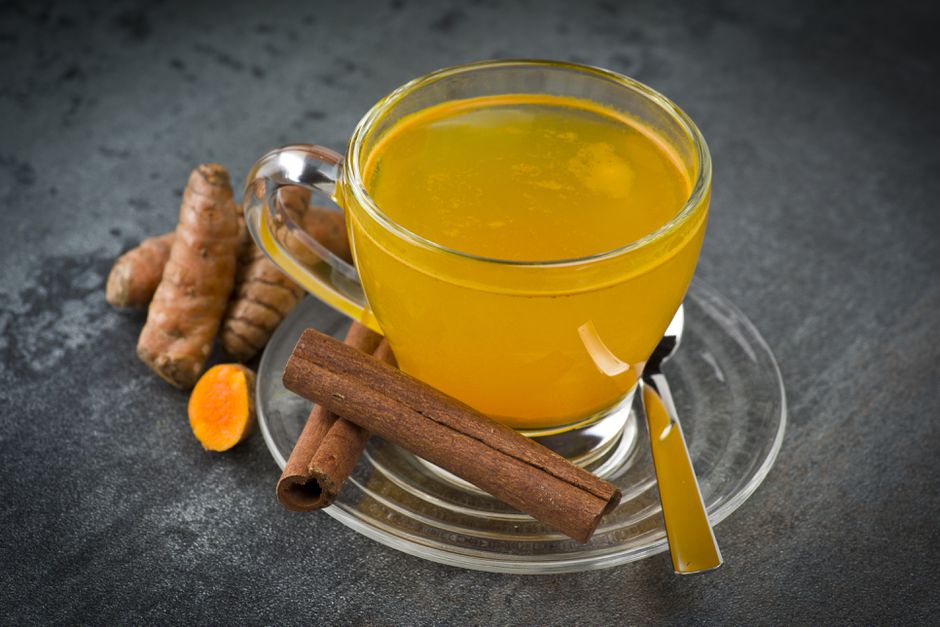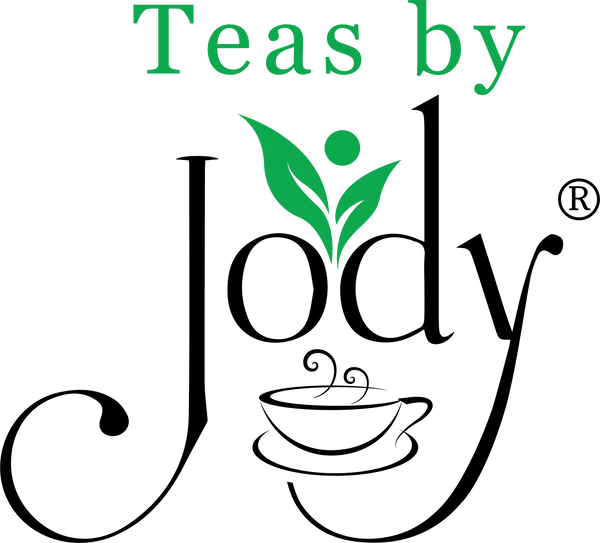
The Surprising Ways Drinking Tea Can Boost Your Immune System
Tea is not only a delicious beverage, but it can also offer several benefits to boost your immune system.
Here are some surprising ways drinking tea can boost your immune system:
-
Contains antioxidants: Tea contains antioxidants that can help fight free radicals in the body. Free radicals can damage cells and tissues, leading to inflammation and disease. By drinking tea, you can provide your body with an extra boost of antioxidants to help fight off illness and disease.
-
Rich in polyphenols: Tea is rich in polyphenols, which are compounds that have been shown to have anti-inflammatory and immune-boosting properties. Polyphenols can help regulate the immune system, making it more effective at fighting off infections and diseases.
-
May help reduce stress: Stress can weaken the immune system, making it more vulnerable to illness and disease. Drinking tea can help reduce stress levels and promote relaxation, which can help boost the immune system.
-
Can improve gut health: The gut microbiome plays a crucial role in immune system function. Certain types of tea, such as green tea and oolong tea, contain compounds that can help improve gut health by promoting the growth of beneficial bacteria.
-
Contains vitamins and minerals: Many types of tea, such as black tea and hibiscus tea, contain vitamins and minerals that can help support the immune system. For example, black tea is a good source of vitamin C, which can help boost the immune system.
-
May help reduce inflammation: Inflammation can weaken the immune system and increase the risk of chronic diseases. Some types of tea, such as ginger tea and turmeric tea, have anti-inflammatory properties that can help reduce inflammation and promote immune system health.
Overall, drinking tea can provide a range of immune-boosting benefits. By incorporating different types of tea into your diet, you can support your immune system and improve your overall health and well-being.
